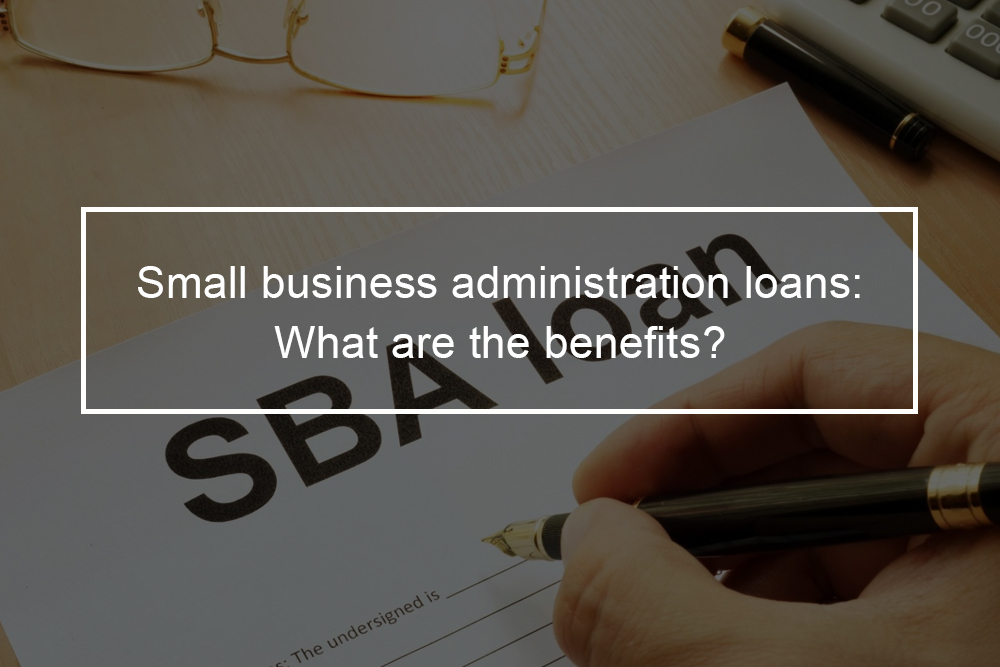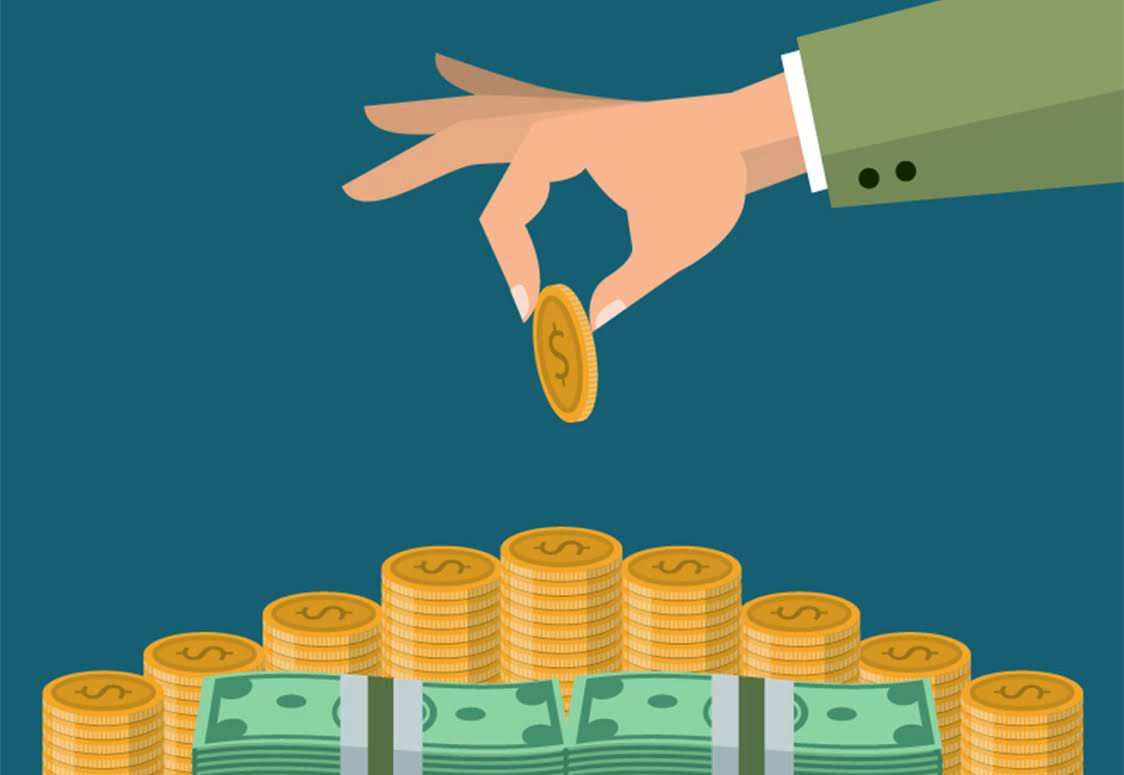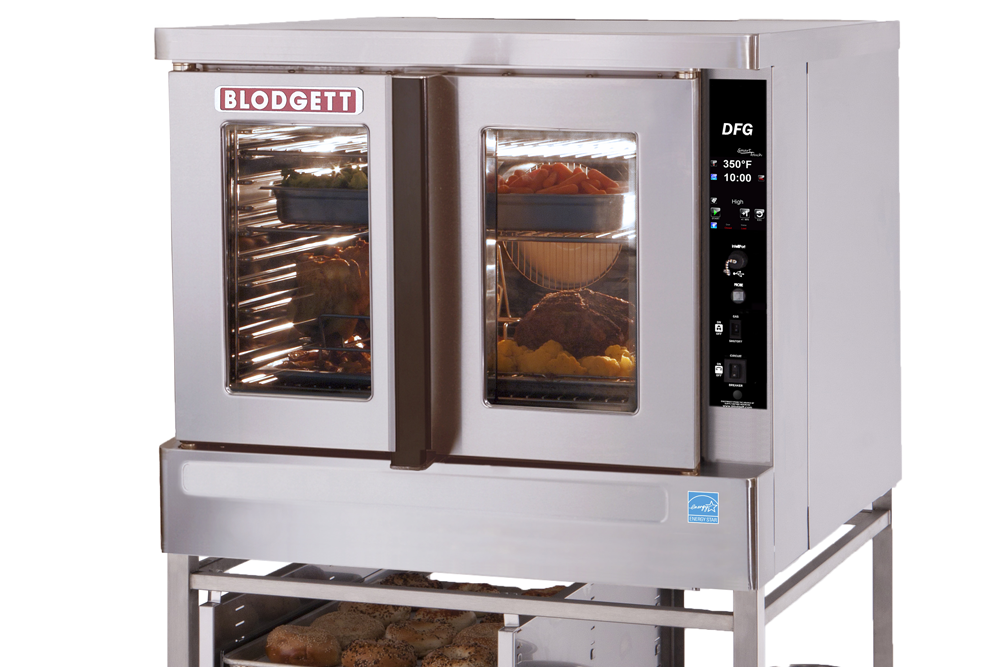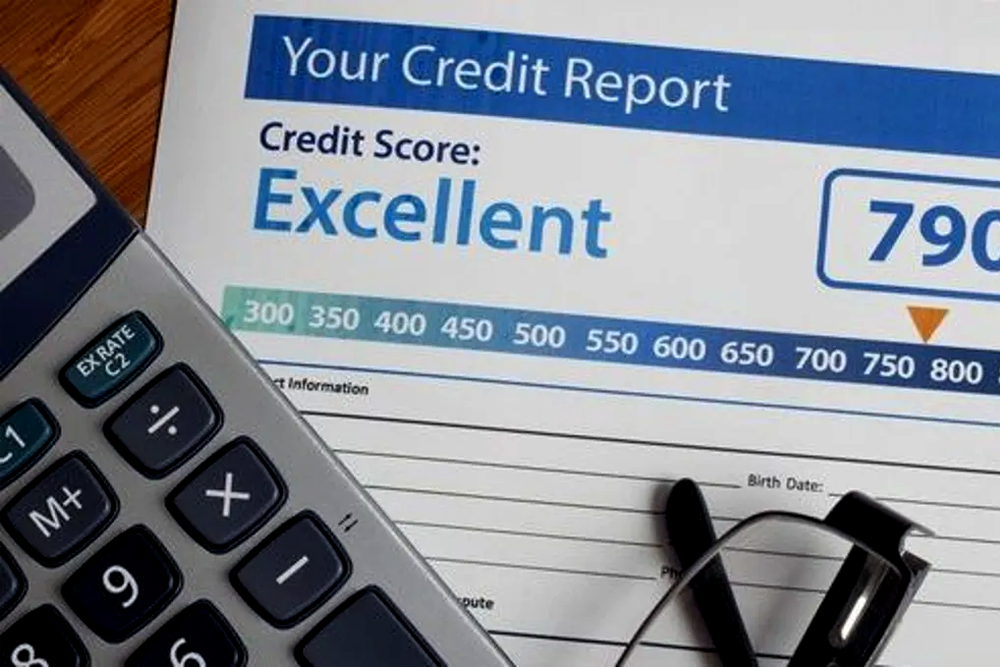Small Business Administration loans are a terrific funding alternative for businesses that are looking for more favorable loan terms or, in some situations, for companies that might not qualify for a traditional small business loan. As compared to conventional funding, SBA loans provide greater flexibility in terms of required borrower equity investment, including funds for working capital, length of time of repayment, and other elements designed to promote the opportunity for success of the small business. The SBA loan program is used by start-ups, and long-standing businesses and everything in between.
The Small Business Administration guarantees repayment of a portion of the loan, enabling banks to make loans to businesses that would not typically qualify for commercial funding using normal underwriting criteria.
Some of the advantages that come with SBA loans
Low-interest rates
Once you take out a small business loan, you will always be worried about how much that loan will cost you eventually. And that is why interest rates are a big concern- and low-interest rates are a significant advantage.
Interest rates for SBA loans are generally as low as they get. Your interest rate will be grounded on your own creditworthiness and the qualifications you bring on the table. However, an SBA loan’s interest rate advantage indicates that you could be looking at rates as low as 6.75-percent on an SBA (a) loan. Microloans and CDC / 504 loans are slightly different; however, equally inexpensive. And unlike other kinds of term loans, you will not see interest rates climbing into the double digits. That is a huge benefit of an SBA loan.
Of course, other loans are more costly for specific reasons. Non-SBA business loans will charge you higher interest rates for many reasons- maybe they are making money available to you immediately or taking a more significant risk on you with little to no credit history. However, for a long-term loan, capital does not get any cheaper than an SBA loan.
Repayment terms
A small business loan is not a useful tool. It is supposed to be if the repayment timeline makes you more stressed than you were pre-funding. That is the reason it is vital to ensure that you find the right product for what you are looking to do with the money and be 100-percent sure that the terms of the loan are an ideal fit for your business’s cash flow.
One of the critical benefits to SBA loans is their terms: longest repayment terms and a payment schedule that should not put a financial strain on your business operation. Most small business loans need much shorter payment terms. For example, short-term loans need repayment in as few as three months, weekly and daily payments. Even other non-bank term loans really only offer you about five years to repay the principal.
On the other hand, SBA loans give a lot more cushion: monthly payments for ten years for equipment, twenty-five years for real estate, and typically up to seven years for working capital. This type of flexibility enables you to figure out how to fit your loan payments into your business’s plans as you grow.
Capital availability
After the recession, banks have only become more reticent to lend out small cash to main street businesses. This puts entrepreneurs in a tough spot. You still have methods to access lots of business funding- the emergence of alternative lenders has opened up a globe of options of non-bank business loans that are easier to qualify for. For business owners who need that gigantic check to make something, gigantic things happen and can not do it through a traditional financial institution… what now?
An unbeatable benefit of SBA loans is the access to the capital they will allow you. Typically, you can borrow up to $5.5 million through the 7(a) loan plan, which indicates that borrowing a considerable sum of capital really is possible. Because the SBA works with lenders- mostly banks- to guarantee up to eighty-five percent of loans that they issue if the borrower defaults, banks are more comfortable extending you that multimillion-dollar loan than if you were flying solo for funding. With an SBA loan, the risk is not as much as in the bank, and thus more capital is available for you.
The SBA has an interest in seeing its customers succeed
The SBA has an endowed interest in seeing your company succeed with their loan since they guarantee up to eighty-five percent of the loan to the bank. Of course, there is no good lender who wants the borrower to default on a loan- it is a lose-lose for both parties. However, no lender will offer the level of resources- including training, counseling, and connecting you with other groups who can guide you to success- that the SBA offers.
The SBA makes most of its resources for start-ups and existing small business owners available to anyone- beginning with their SBA Business Guide and their Local Assistance database; however, borrowers will have even more help at their fingertips after paying back the loan. This type of help will be of value to small business owners.
SBA loans are for businesses with every need
Some SBA loans are for working capital, whereas others are for buying real estate or covering up the startup costs. You can utilize it to consolidate debt from other business loans you took out as a less informed entrepreneur, or when you were in dire need of fast capital. Even exporters, who find obtaining funds difficult, can find an SBA loan that is geared toward their needs.
As long as you already have an SBA loan, you are not precluded from taking out a second SBA loan even though you can not use it to refinance the first loan. There are only a few particular reasons why a small business owner will not be approved for an SBA loan apart from lack of time in business or poor personal and business credit, the inclusion of recent run-ins with the law, and if your business is in specific blacklisted industries, like gambling.
Down Payments
Based on the type of funding you are looking for, your lender will sometimes ask for a down payment. Down payments for small business loans often come down to the amount of money you are borrowing, the loan’s aim, what types it is, and your own financial profile. (The relationship between high down payment and poor credit is almost always direct.
Even though an SBA is among the kinds of business loans that most often need a down payment, it is typically lower than many other types of loans. That is one of the great benefits of SBA loans- you will only need a ten to twenty percent down payment for an SBA 7(a) loan or a CDC/504 loan. An SBA microloan does not need a down payment at all. Other types of loans may require you to put down up to thirty-percent. If you have a chance to access a loan that needs less down payment, it is certainly worth pursuing.
There are SBA loans for businesses at any stage
The SBA loan program is not just one size fits all. There are many loan products you can qualify, no matter what state your business is in. The three most common SBA loan products, for instance, are the 7(a), the CDC/504, and the Microloan plan. The 7(a) loan is the most flexible, since you can use it for general working capital needs, including refinancing debt and purchasing inventory. The CDC/504 loan is for purchasing commercial real estate, among other uses (mostly for obtaining large fixed assets). Both of those items are only for businesses that have been in operation for at least a few years.
On the other hand, an SBA Microloanis capped at $50,000 and is mainly geared toward new business owners and business owners from underserved entrepreneurial communities, including veterans, minorities, and women. No matter if you just began your business yesterday or ten years ago, there is an SBA loan program that can work for you.
In addition to these benefits, you might experience the following benefits from Small Business Administration Loans:
- These loans are invented in such a way that they can provide up to ninety-percent in financing for small businesses.
- The funds might be issued for any amount up to a total of 11.25 million.
- The terms associated with SBA loans might go up to a period of – but not exceeding twenty-five years.
- Small Business Administration Loans do not have balloon payments linked to them.
- The loan process is fast and comprises very little paperwork, which might prove extremely time-consuming.
- Provided the loan is for an amount under $250,000, you might qualify for an unsecured line of credit.
- You have plenty of alternatives for collateral for the loans. These include using business equipment, vehicles, and the inventory of the business.
If you need funds for your business, SBA loans are the way to go.












